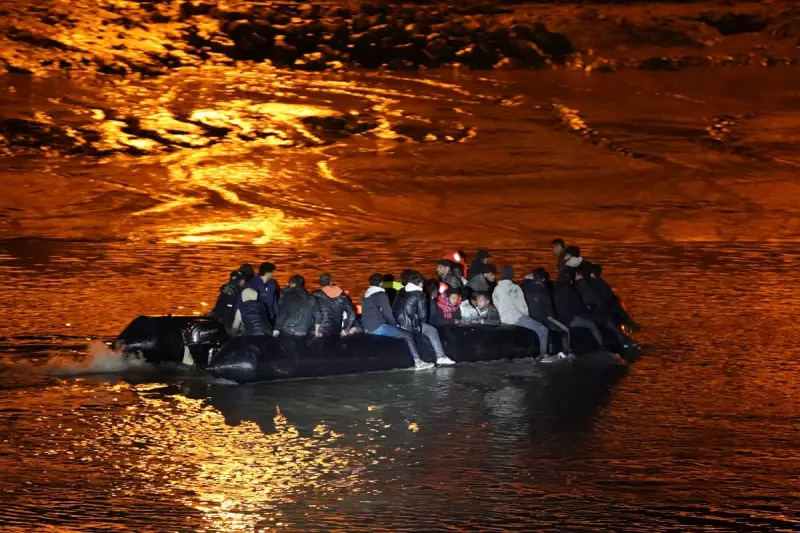
The UK government is reportedly developing a highly controversial strategy that would place the Royal Navy at the forefront of operations to tackle migrant crossings in the English Channel. The plan, which has drawn immediate criticism from legal experts and human rights groups, would see naval vessels intercept small boats and attempt to turn them back towards French waters.
This aggressive approach, championed by Home Secretary Suella Braverman, marks a significant escalation in the government's efforts to deter asylum seekers from making the perilous journey. The policy is understood to be a key part of Prime Minister Rishi Sunak's pledge to 'stop the boats', a central promise of his leadership.
A Legal and Operational Minefield
Military and maritime law specialists have raised serious concerns about the feasibility and legality of such operations. Forcibly turning back vessels, often flimsy and overcrowded inflatable boats, in one of the world's busiest shipping lanes is fraught with danger.
'The risks of capsizing and loss of life are immense,' warned one former naval officer. 'This is not a military operation; it's a humanitarian issue requiring a coordinated, international response.'
The plan also faces major diplomatic hurdles, as it relies on the cooperation of French authorities to receive the turned-back boats—cooperation that is far from guaranteed.
Political Reaction and the Path Ahead
The proposal has ignited a political firestorm. Opposition leaders and refugee charities have condemned the move as 'inhumane and unworkable', arguing it does nothing to address the root causes of migration and puts vulnerable lives at even greater risk.
Meanwhile, the government defends it as a necessary measure to break the business model of people-smuggling gangs and regain control of the UK's borders. With a general election on the horizon, the success or failure of this hardline strategy is likely to become a defining issue for the Conservative government.






